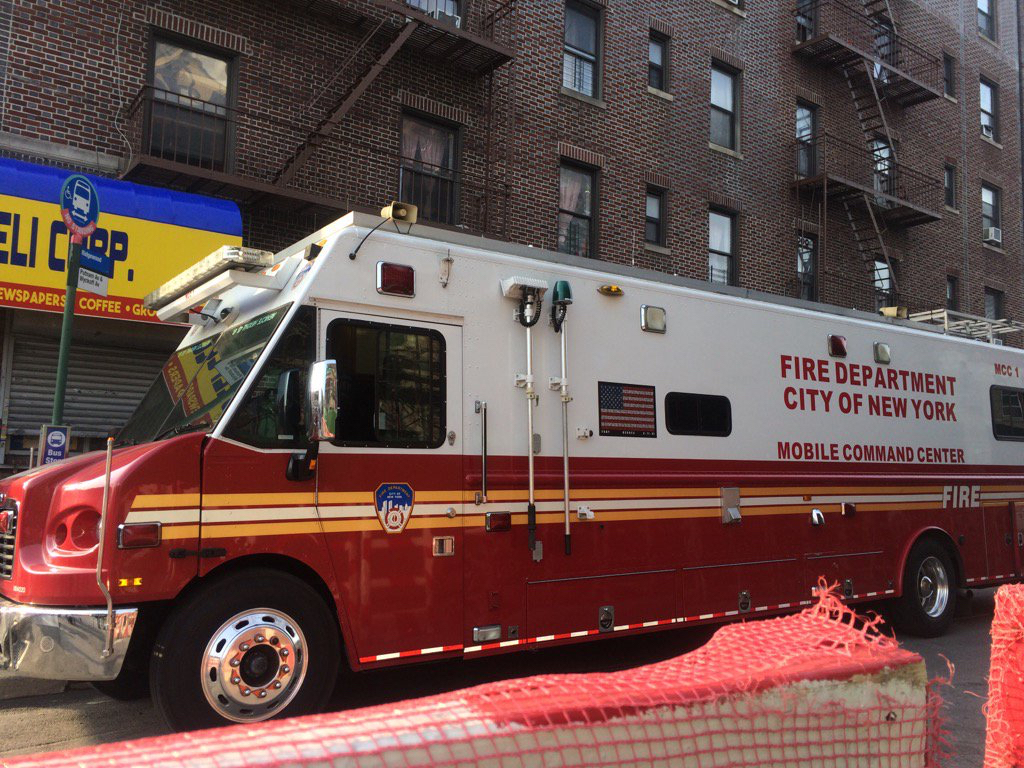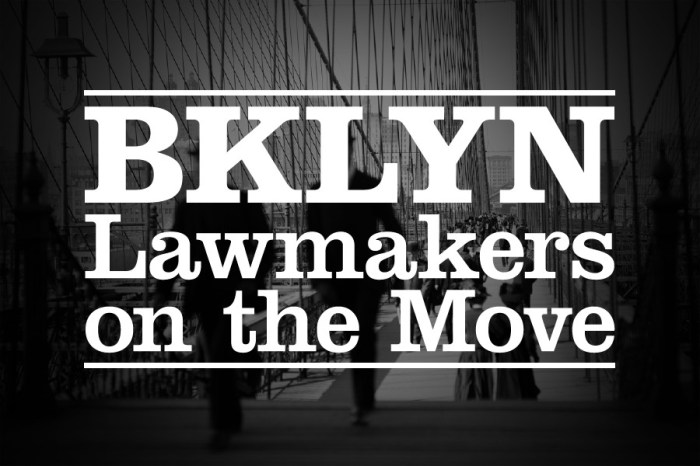Councilman Barry Grodenchik (D-Oakland Gardens) was on the steps of City Hall on Thursday advocating for increased safety measures that would require residential buildings that are at least 40 feet high to have sprinklers installed by 2029.
Death by fire had more than doubled last year, according to a New York City Fire Department report. In 2017, there were 43 fire fatalities and in 2018 there were 88.
The Bureau of Fire Investigation’s report showed there were 3,032 accidental fires and 1,001 fire injuries in 2018.
Since January, there have been 56 fatalities, according to the FDNY.
“Tragically, many of the victims of fire fatalities are children,” said Grodenchik. “Smoke detectors and even fire alarms are not enough. We need sprinkler systems to save lives.”
In 2017, a fire that gutted a frame house in Queens Village at a private home killed five people aged 20 and under.
In Queens, there were 69 auto/transit fires, 90 fires in occupied buildings, seven that were in vacant buildings, 97 that was caused by structural issues and 23 that had other causes, according to the BFI report for 2018. In total there were 189 incendiary fires.
Community boards one and 12 each had a resounding 32 fires in 2018, according to the BFI report. The remaining community boards had three to 28 fires in their region of Queens.
Queens also had 640 accidental fires, 571 of which were structural and of that number 95 occurred in Community Board 12 in 2018, according to the report. There were also 219 fire injuries that same year.
“Millions of New Yorkers live in older buildings, that simply have no sprinklers because their landlords are not yet required to provide this protection,” said Patrick Dolan, president of Steamfitters Local 638. “Data shows conclusively that fire sprinklers save lives and all New Yorkers are entitled to the equal level of fire protection and safety as residents of newer buildings or travelers staying in our city’s hotels.”
Studies have shown that a properly installed and maintained fire sprinkler is effective at controlling fires 96 percent of the time, according to Tony Saporito of the New York Fire Sprinkler Council, a division of the Mechanical Contractors Association of New York.
The University of Nevada’s College of Urban Affairs conducted a study on smoke detectors and determined that they are not enough to save lives or prevent property damage.















